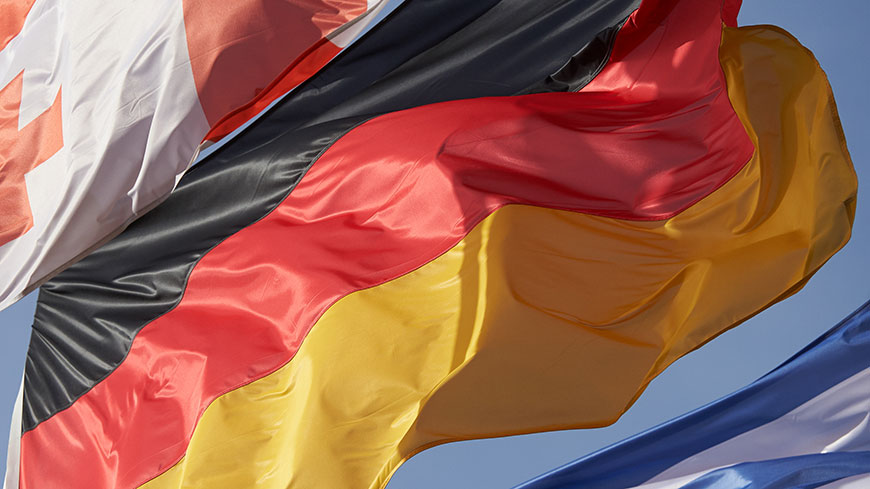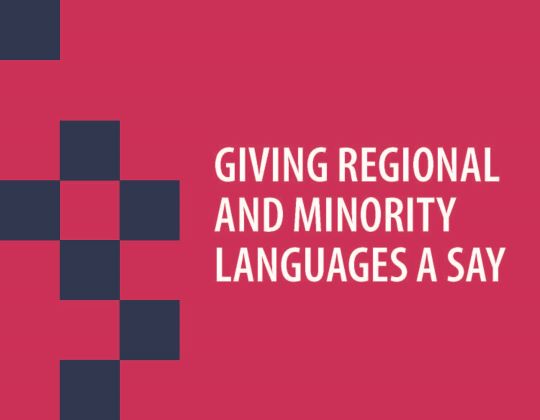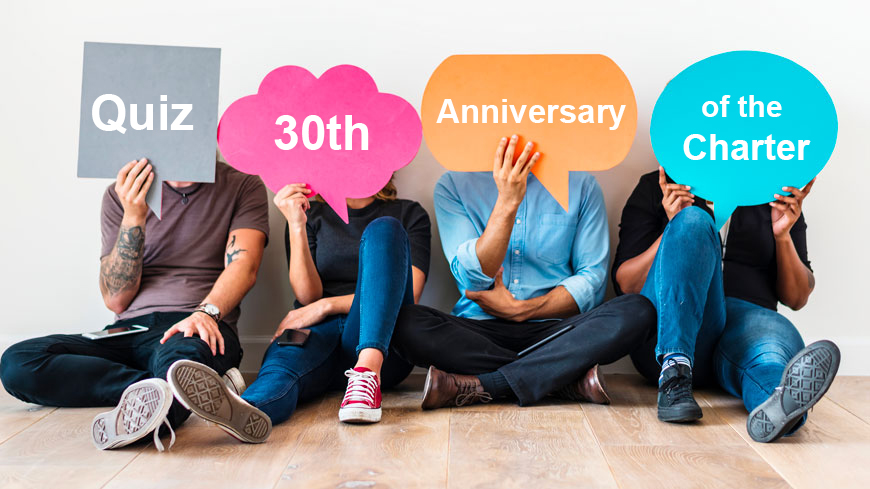Strasbourg, 15.09.2022 – While some minority or regional languages in Germany have received extra protection and increased bilingual signage is welcomed, more teacher training, increased instruction and more use of these languages in courts, administration and media are needed, according to the Council of Europe’s Committee of Experts under the European Charter for Regional or Minority Languages (ECRML) in a report published today.
The Charter entered into force in Germany in 1999 and applies to Danish, Upper Sorbian, Lower Sorbian, North Frisian, Sater Frisian, Low German and Romani.
Positive developments covered by the report include the German authorities having accepted last year additional protection commitments covering administrative documents, place names and cultural activities in Danish, North Frisian and Low German in the Land Schleswig-Holstein. There are indications, the committee says, that other Länder are likely to follow suit and increase protection and promotion of their regional or minority languages. And increasingly present bilingual signage enhances visibility and prestige of regional or minority languages.
While many diverse cultural activities exist in regional or minority languages, and efforts have been made to facilitate their use in social care, in particular in retirement homes, their development and use in other areas meet with difficulties and even stagnation.
Indeed, regional or minority languages in education should be strengthened in practice, especially in the wake of the Covid-19 pandemic, which, with its sanitary restrictions, limited teaching possibilities. Teaching hours dedicated to regional, or minority languages should be increased.
According to the report, the lack of adequately trained teachers, despite steps taken by the authorities, remains the “most important obstacle” for regional or minority languages in education. The committee noticed for example decreased instruction in some schools in North Frisian and Sater Frisian, mainly due to lack of teachers. “Immediate measures need be put in place to ensure a sufficient number of trained teachers for regional or minority language education”, the committee says.
Although using regional or minority languages in relation with judicial authorities is possible, they are hardly used before the courts. Most languages are not consistently used in the administration, either.
And the frequency and length on TV and radio broadcasts in regional or minority languages remain too low to effectively spread the languages. The committee notes that, excepting public media, many broadcasts in these languages are produced by volunteers (“community media”, “open channels”), which often lack enough financial support. Furthermore, the presence of regional or minority languages in written media is insufficient.
While the authorities refer to the limited possibility to influence the media in offering content in regional or minority languages, because of media independence, the committee reiterates its view that promoting minority language broadcasting through financial incentives or licensing requirements would not encroach media independence.
The seventh evaluation report of the Committee of Experts of the European Charter for Regional or Minority Languages is based on the information provided by governmental and non-governmental sources, including that obtained during its visit to Germany in March 2022.
The evaluation report has been published together with comments from the authorities.





